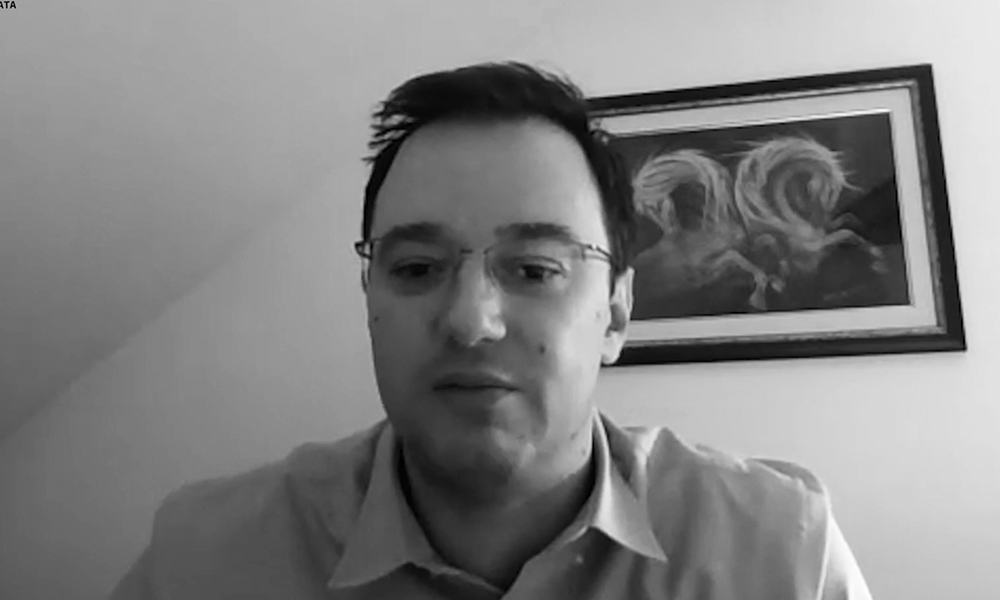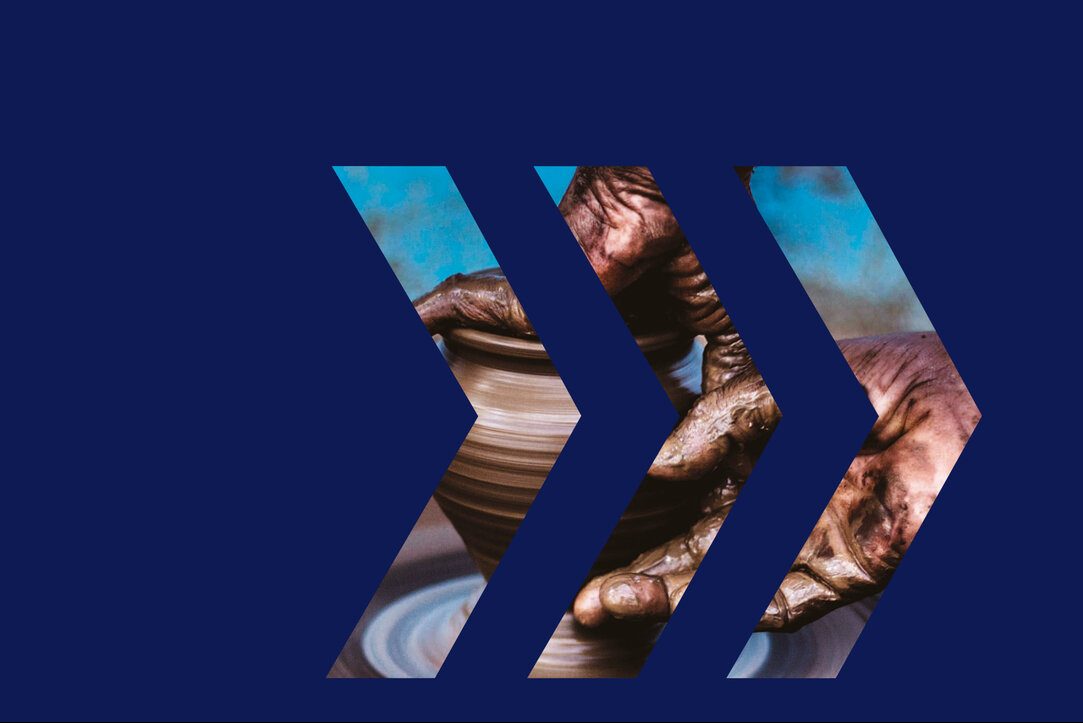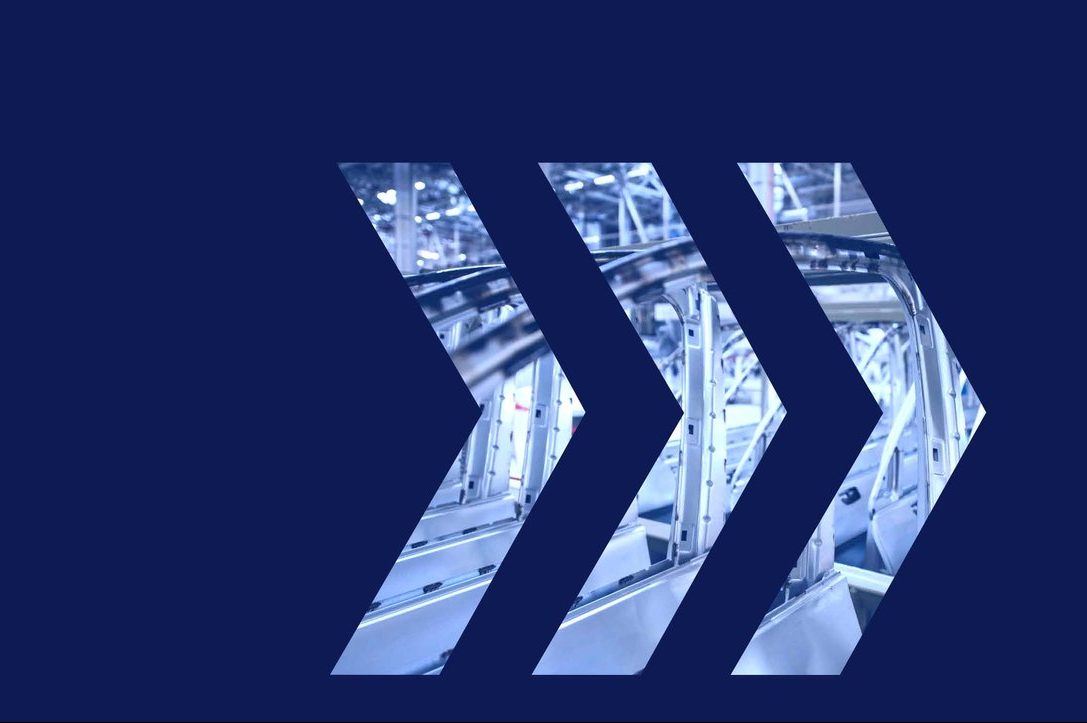
Photograph: Paul Menz/Unsplash
The data-driven enterprise has intelligence built into its fabric. It can think for itself, respond fast and act wisely, often before human decision-makers even know exactly what is happening. Information, and the ability to act fast (and automatically) on the insights derived from data, makes the enterprise intelligent. So how do we create, manage and maintain such a structure? To help organisations on their journeys, SAP tools can help get the most out of data to not only support transformation but help fulfil corporate social responsibilities.
The key to being data-driven is to interrogate data quickly and efficiently to find the insights that make a positive difference to the business. That is not easy. We have to govern, manage and secure the data, which comes from many different sources, in different formats and with different levels of detail and complexity. We need to implement new tools for rapid analytics, machine learning to accelerate our processes and automation to act fast on key insights.
Data is vital in companies’ efforts to positively contribute to the UN’s Sustainable Development Goals.
Data is also vital in companies’ efforts to positively contribute to the UN’s Sustainable Development Goals and meet other corporate social responsibility (CSR) regulations. On top of that, any organisation looking to transform itself to become more agile relies on intelligent use of data.
For many businesses, the fastest way to achieve quick wins lies in making efficient use of SAP’s user toolkit:
High-performance in-memory database to improve and accelerate decision-making, based on real-time data (SAP HANA);
Machine learning, to help users explore data in a targeted way (SAP Analytics Cloud);
Monitoring and correcting potential data quality issues (SAP Master Data Governance);
Enabling teams to optimise the integrated process for data collection, organisation and management (SAP Data Intelligence).
This toolkit helps enterprises that already use SAP to move a long way towards being data-driven, and fast.
A sustainable enterprise: meeting CSR goals
The recent IPCC report has made it dramatically clear that sustainability is now the highest of all business priorities. Shareholders, employees, partners, politicians, activists – they all expect businesses to be part of international initiatives such as the UN Sustainable Development Goals (SDGs). Business leaders want to know how to use IT capabilities to deliver better sustainability performance.
At NTT DATA, we are testing and implementing a range of ideas aimed at using data-based insights for driving enhanced environmental performance. In our CSR practice, we have solutions that increase transparency between clients, partners and employees, measuring all activities using real data to identify where and how we can drive fast improvements. This extends to the Paris Agreement’s Scope 3 provisions (emissions in the value chain that are not under an organisation’s direct control) as well: using SAP-based tools, we help track and analyse activities, transport movements, production processes, identifying issues, emissions, pollution events. This enables fast intervention, either by insisting on better practices or even by finding new suppliers.
With regard to cloud services, our focus is on making cloud technology green so that improved operational efficiency does not involve higher emissions.
A roadmap to agility: executing transformations
In every sector, we see a trend towards greater customisation, precision targeting of individual customer needs, the need to be responsive and agile in every process, every system. If this kind of highly flexible, alert, rapid response business approach is the end goal, what does the journey look like?
When considering the transformation roadmap for your business, ensure the following are focal points:
Organisation. Large enterprises carry not only legacy debt in technology but also in structures, methods and culture. Data-driven organisations are, by their nature, very agile. That means every process, working method and structural component in the business should be critically examined and potentially reformed.
People. We are helping enterprises become ‘digital native’, but digital native businesses are built by digital native people. Many enterprises find they do not have the right mix of people for their needs. They have to become more attractive to digital talent, which is not always easy.
Ecosystems. The key to agility is ecosystem working, as that is how we can approach every task with great flexibility and speed. But ecosystem working can be a challenge to existing business rules and structures. They need to be examined and potentially rethought.
We want our technology marketplace to be hyperconnected, but it has to be rigorously protected. Security must be, by default, in the design itself.
Security. This is the non-negotiable basic requirement for becoming the more agile, largely automated, data-driven enterprise you want to be. We want our technology marketplace to be hyperconnected, but it has to be rigorously protected. Security must be by default, in the design itself, and not seen as an add-on or standalone service.
There are SAP tools that can help with this roadmap to the future too. S/4HANA (SAP’s ERP platform for large enterprises) can optimise core backbone processes, while Hybris and Qualtrics help improve customer understanding. Employee engagement can also be improved with the Success Factors Suit.
New approaches and tools in action
Working together with employees, customers and ecosystem partners, organisations can transform to operate in a way that’s more beneficial for every stakeholder – leaders, employees, customers, shareholders and everyone in the organisation’s local and global society through better CSR practices.
We’re striving to embed sustainability at the heart of every initiative, and the years ahead will see a steady growth in the tools and solutions NTT DATA offers. Some of the sustainability tools we’ve developed so far include:
Umbiombu, an SAP-based tracking platform that allows companies to manage CSR projects and track them against the UN Sustainable Development Goals;
Environmental and CSR certification management, based on blockchain, helps clients with CSR accreditation processes and compliance;
IoT Trace, another blockchain-based solution that provides traceability of any product from production to sale, with sustainability factors reported;
Carbon Credit Registry and Marketplace, to support carbon credit transactions for projects that measurably reduce emissions.
By using the suite of tools already available in the market today, like those above, organisations can support this drive for sustainability with real results.
Looking ahead to a data-driven future
Most data, wherever it comes from – as a by-product of production assets, gathered from sensors and IoT devices, or through statistics derived from supply chain actions, sales and online feedback – ends up in your core systems of record. For a very large number of businesses, it’s already there in SAP. Organisations must take this asset and deliver the added value that it promises.
To become an intelligent enterprise, businesses need to apply new tools, capabilities and attitudes to turn data into actionable insights.
To become an intelligent, data-driven enterprise, businesses need to apply new tools, capabilities and attitudes to turn data (much of which is overlooked or treated as of limited value) into actionable insights.
By using other tools – to automate some decision-making, improve responsiveness through machine learning, and train data analytics processes to become more accurate – and having a clear roadmap towards agility, organisations will have a solid foundation for their journey to enterprise intelligence. Then, the process of exploration can begin.

















































